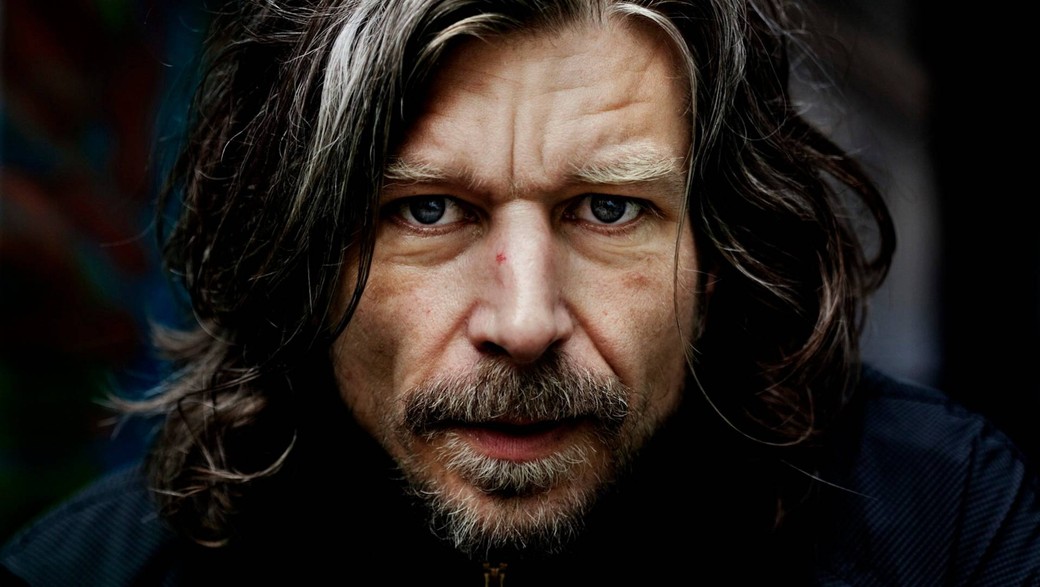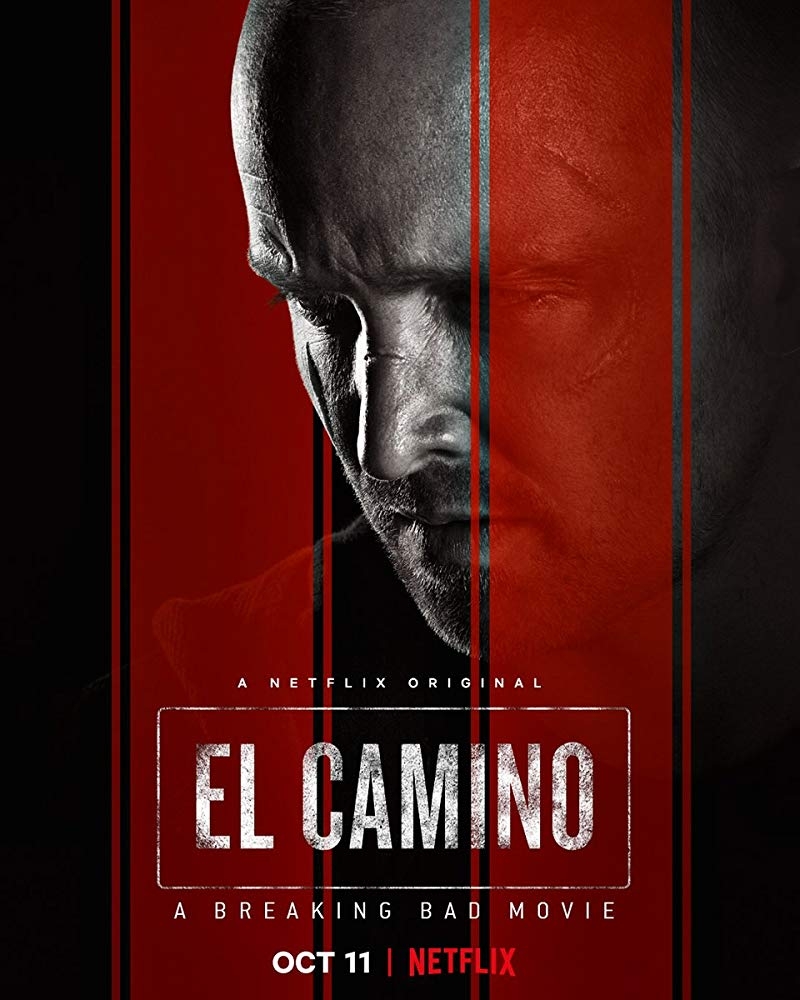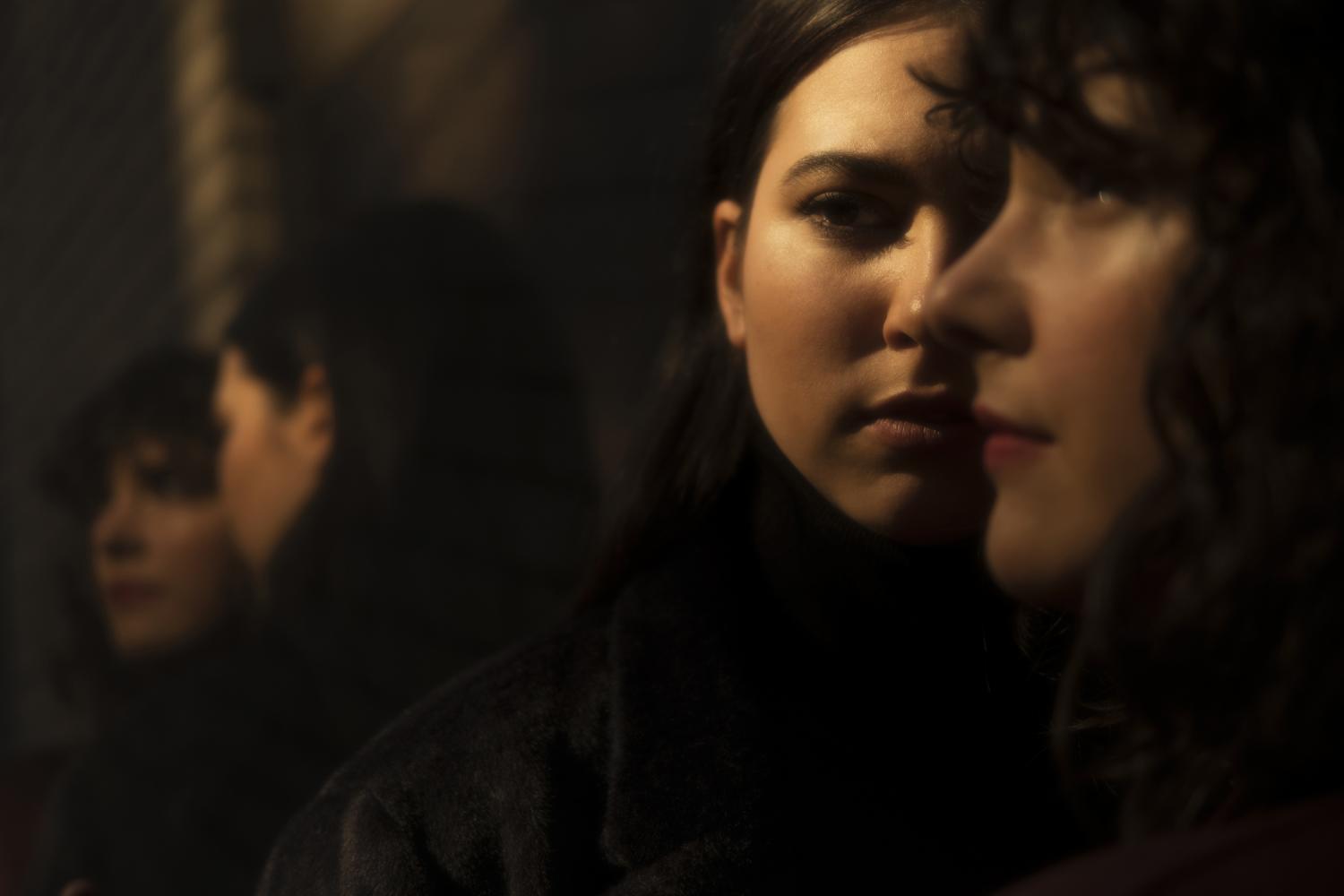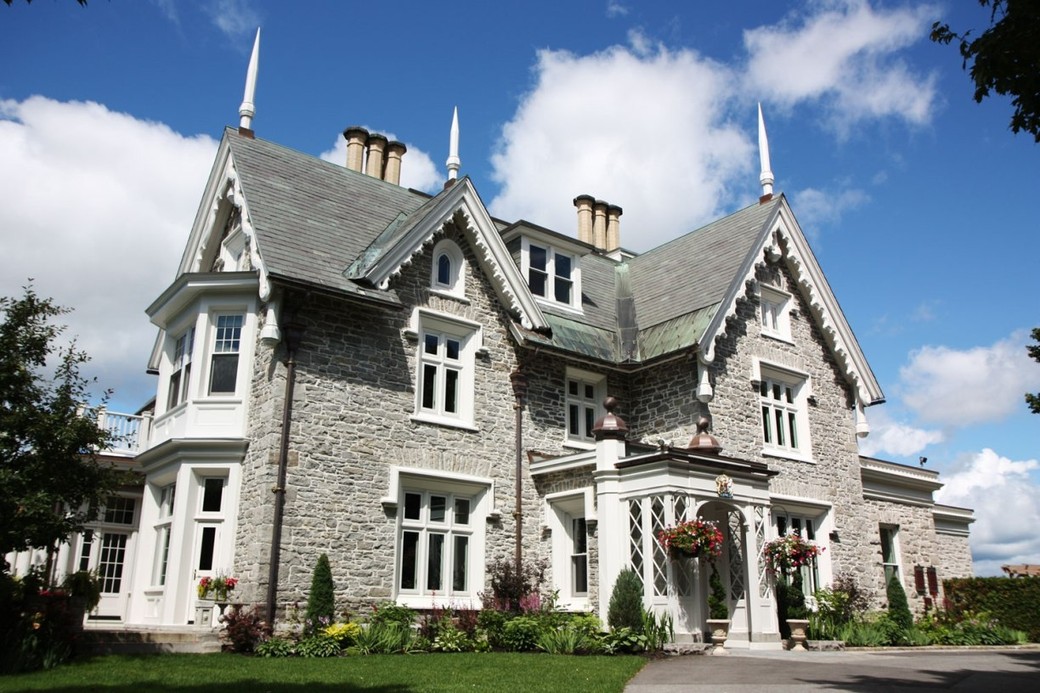
Cadence Weapon Reinvents Himself
Photo Credit: Mark Sommerfeld
Through the past decade, Roland "Rollie" Pemberton has been making smart hip hop as Cadence Weapon, but the nerdy aesthetics he was using had become a novelty to Pemberton. After taking some time away from writing in the Montreal club scene, Pemberton ended up in Toronto where a headstrong work ethic found him reinterpreting his years in Montreal into his strongest music to date. We caught up with Pemberton ahead of his set at the 27 Club on March 29th to talk about starting again and how he learned from his time as Poet Laureate.
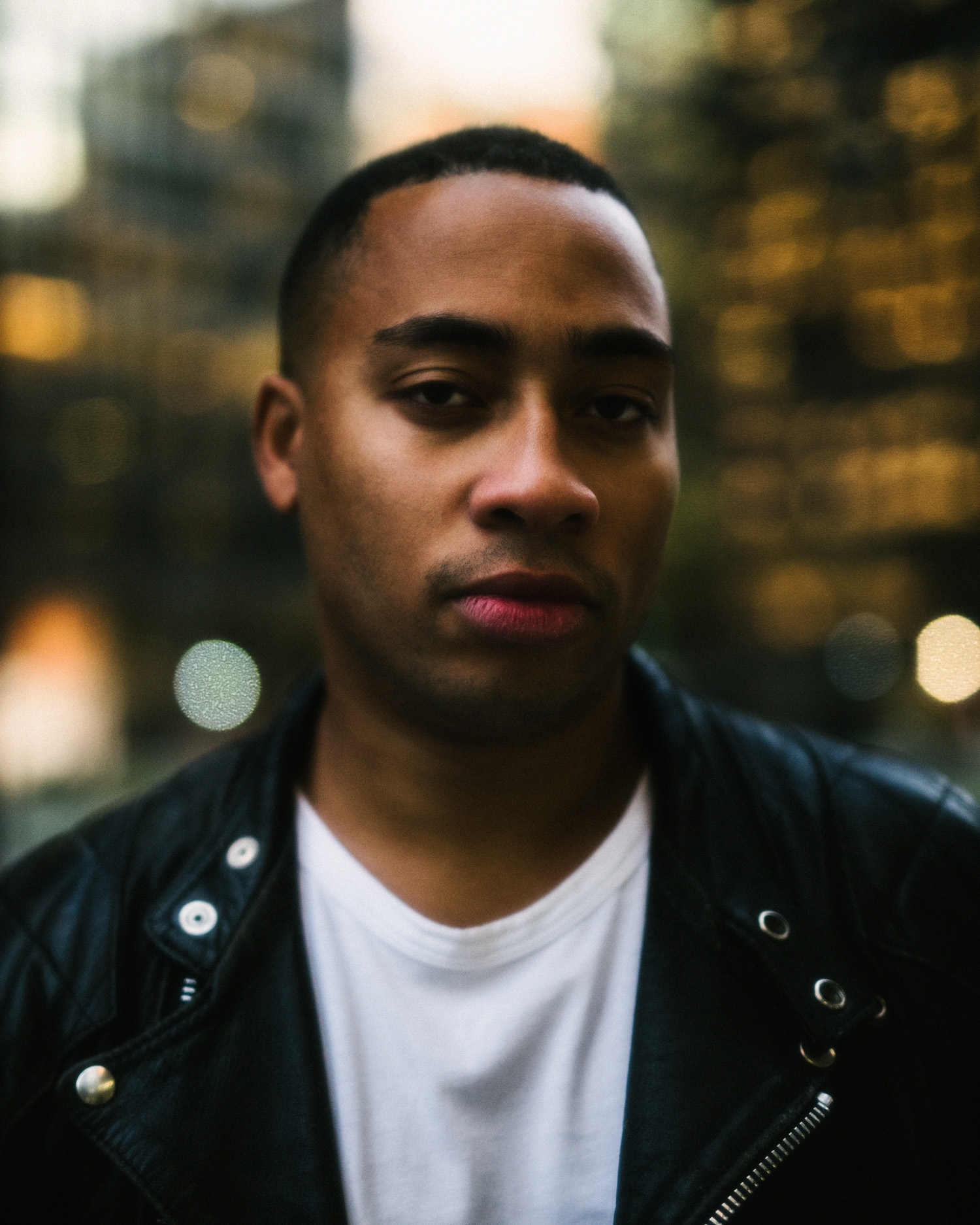 Ottawa Life: Why did you want to reintroduce yourself on this album rather than just evolve after over 10 years of music?
Ottawa Life: Why did you want to reintroduce yourself on this album rather than just evolve after over 10 years of music?
Rollie Pemberton: For me it definitely felt like there was this existing perception of what kind of rapper I was and the kind of music I made, that just didn't sync up with the way I perceived myself. In a way this album was me reclaiming the image I have of myself in the public sphere. In the past, my music and videos gave off this nerdy rap and video game beats, which I'm not that interested in. This was my way of making a mature version of myself known to the world.
Is this why you pulled a clip from your father's old radio show to introduce the album?
It was a kind of rebirth through the record, that was the symbolism. I hadn't put out a record since 2012, and then the first thing you hear is my dad announcing I'm being born, so it's no coincidence. It was a clip I came across a few years ago when I was hanging at my mom's house over the holidays. She mentioned off-hand that she had tapes of my dad DJing, and I got them digitized. That quote came out and my friend and I looked at each other and knew. It was pretty late in the process though when I remembered to put that sample on the record.
How did Jacques Green get involved as a producer on the record, and how was your chemistry?
Jacques Green and I have become better friends over the past couple years, so us making music is really just an extension of that. We'll get together and have some wine before working on a track. I wanted to get in the room with people and make songs from scratch, because I'd never done that before. You can hear the process in music when you listen to it a lot, and you can hear the fun or whether someone was working through the motions.
Why do you think you were so closed off from trusting other people with your vision before and what changed that?
I definitely had this feeling previously where I would just self-produce all my albums, and it was this insular and personal process. It was very rare that I found people I felt would understand, and that could contribute to it and make it better. I was very reluctant to work with people, in fact the only guest I've ever had is Buck 65. What I realized was that my music came off as very isolated, and private almost to a fault, and that didn't suit my personality because I'm a very social person. I wanted to fill this album with the energy and fun I had making it. I try to draw everything from my personal life, so the producers are often friends of mine.
Do you feel your time as the Poet Laureate of Edmonton helped improve your lyricism or was this more a way to share your love of the written word?
There was a pretty clear separation from how I wrote lyrics before that position to how I wrote them after. Before, it was wild, devil-may-care, I would write about anything. But after that, I had so much more scrutiny for my lyrics. People would say "Oh he's a poet," so I felt the lyrics had to be good, even the party tracks. The process forced me to become a better writer, and heavily consider the way I write songs. These songs will go on way beyond the time I'll be here, so they better be good and have a timeless quality to them. That time just pushed me, so since then I've gone up different stages in my lyricism.

